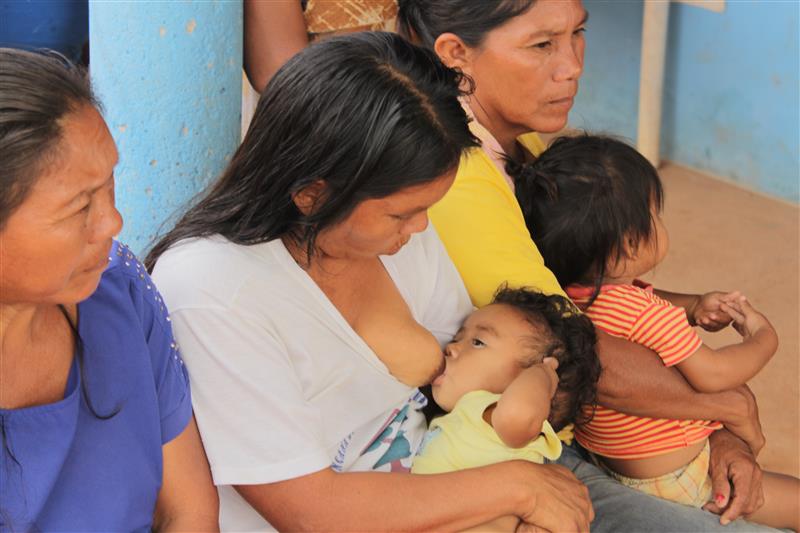
World Breastfeeding Week, celebrated in the first week of August, reinforces the importance of breastfeeding for child health and development. In Brazil, the National Fund for Education Development (FNDE) has created a technical note that determines that public daycare centres must be adapted to guarantee mothers’ right to breastfeed their babies.
Technical Note No. 3049124, from 2022, establishes guidelines to ensure that children up to 36 months of age enrolled in public daycare centres can continue to receive breast milk, even outside the family environment.
To this end, nurseries must provide adequate facilities for the reception, storage and safe provision of breast milk, as well as encouraging the creation of breastfeeding support rooms.
‘The FNDE technical note is an initiative that contributes to the promotion of equity, child health and the right to adequate nutrition from the first days of life,’ says nutritionist Seneide Neres, from the WFP Centre of Excellence against Hunger in Brazil.
Complete nutrition
In early childhood, which corresponds to the first thousand days of life, breast milk is considered the most complete food. It provides all the nutrients necessary for healthy growth, strengthens the immune system, and protects against various diseases. In addition, breastfeeding promotes the emotional bond between mother and baby, contributing to the child’s emotional well-being.
The World Health Organization recommends exclusive breastfeeding until six months of age and its continuation, along with other foods, until at least two years of age. Investing in breastfeeding ensures that every child has a healthy and protected start in life for their full development.




